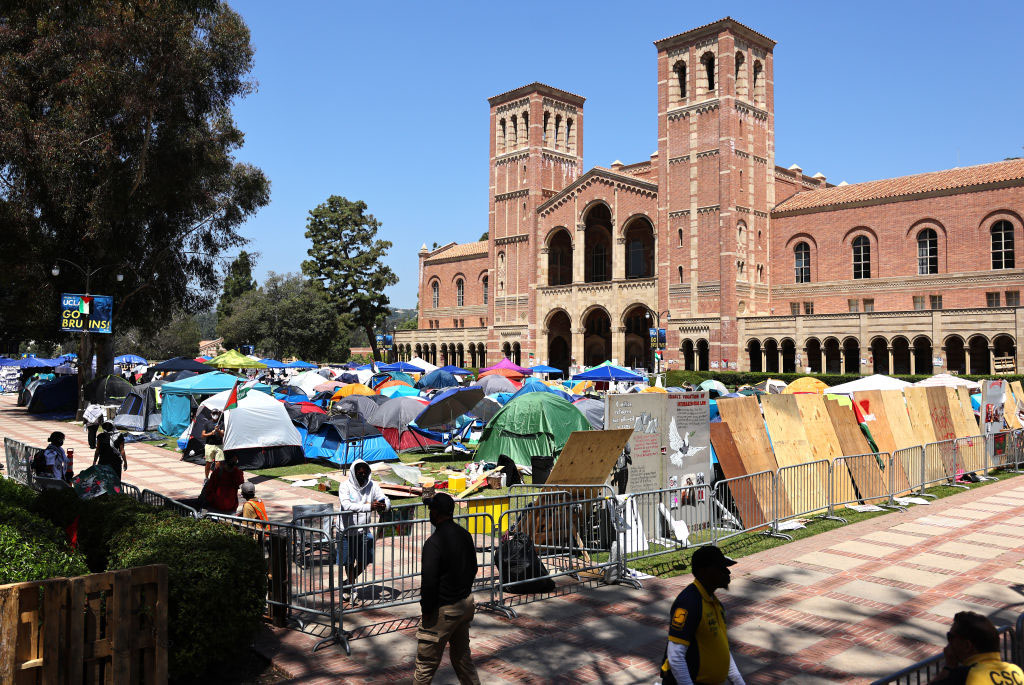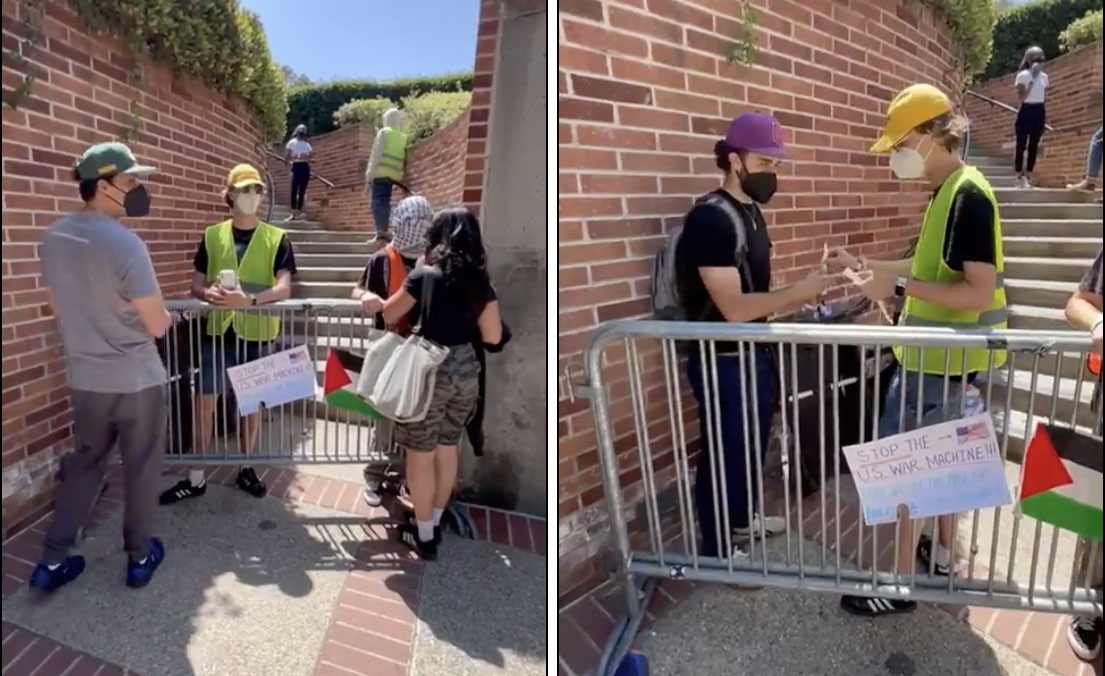Andy Lipkis is founder and president of TreePeople, a nonprofit agency that has pioneered efforts at urban reforestation and creating a “sustainable city.” Documentarian Harry Wiland sat with Lipkis to talk about the impact of the Southern California wildfires and our possible responses to them.
Jewish Journal: Are you optimistic about the restoration of the forests that have been destroyed?
Andy Lipkis: It is hard to define at this moment because we are already years behind on restoring what has already been destroyed by past fires. There are also major challenges that we don’t understand — including the effects of global warming. It’s causing changes that may make it impossible to restore the higher altitude pine forests that have, up until now, been native to our region. Native chaparral areas are very good at restoring themselves and don’t really require much action on the part of humans. It is the upper-elevation pine forests that we are most concerned about.
JJ: What practical steps are you and TreePeople taking to begin the healing process?
AL: We have a history of 30 years. This is what I started at Camp JCA Shalom back in 1970 when the forests were dying. Smog weakened the trees and they were being killed off by an infestation of bark beetles. It is the same thing that is happening now. Healthy trees can fight off bark beetles. Weakened trees cannot. L.A. has really cleaned up its act over the past 30 years, but the last four years of drought has had a devastating impact and that has allowed for the infestation of the beetle.
We have just issued a call for volunteers who want to be trained in restoration activities. It’s important to know that it takes three years for trees to be ready for restoration activities. You have to find trees close to the burnt areas. They have to be from the same elevation and microclimate. It takes awhile to get everything coordinated. We have a tree nursery at TreePeople and we will be working with the Forest Service, and others, in an attempt to restore native species in our damaged forests.
There is a lot of controversy about approaches to restoration, from “leave it be” to dramatic intervention. TreePeople proposes an emergency fire symposium to have respected scientists, ecologists, foresters, restoration experts and economists brief all the relevant agencies and organizations to understand the damage and define the scope of needed restoration, coordinated approaches and, hopefully, come up with a consensus for action.
JJ: What are some of the lessons the rest of the country can learn from what happened?
AL: Six months ago we knew this was coming. We worked hard and got Gov. Davis to declare a state of emergency. This is what you have to do to get Washington to act. We saw the impending disaster. But Washington turned us down. What’s the lesson? We are very bad at prevention. FEMA is organized to respond to disasters. So much money could be saved, and so much misery averted, if we could invest a little bit on the front end for prevention. On the back end we are talking about the loss of billions of dollars, and the loss of life and property. And that’s where we are today.
JJ: How does your passion and commitment toward the creation of an integrated resource approach to caring for our ecosystem fit in with what you are trying to do to heal our scarred landscape?
AL: My mission is to inspire people to take personal responsibility for the urban forest, which means for the environment. You can’t do that without information. Events like this serve as a wake-up call. Everyone needs to understand that every single person living in this environment is a manager of the environment. We are mismanaging so much now and we don’t even know it. It’s nobody’s fault, but information can battle ignorance.
JJ: How does your Jewish tradition lend itself to the healing process?
AL: I’ve been trained to respond when people are hurting. Tikkun olam is about healing people and healing the earth. The community is responding to both. It is helping individuals and families get fed, clothed and find a place to live. But this is about more than human pain. We have to help restore the environment in which we live, or there will be even greater human pain. There are 18 million of us living in this ecosystem, depending on its air and watersheds for survival. We need to take physical and political action to make sure we get the resources and people we need to do the healing.
JJ: How does tikkun olam figure in the equation?
AL: It is our directive. The ecosystem we live in, in Southern California, depends on the air we breathe and the water we drink. They are two things that we can’t live without. A change in either will have a profound impact on our lives. It must be protected. Interestingly, the another meaning for tikkun olam is completing the circle. We live in an air cycle and a water cycle. We breathe in oxygen and breathe out carbon dioxide. The trees in the forest breathe in hydrogen and breathe out oxygen. Each fully grown tree holds thousands of gallons of water. If we don’t have enough trees, the cycle is broken and out of balance. We need to heal that cycle.
JJ: So this is about restoring nature’s balance?
AL: The point is to change the notion that we can control nature. Nature is proving that we cannot. We need to return to partnership.
For more information on TreePeople, including volunteer
and leadership training opportunities, visit
Did you enjoy this article?
You'll love our roundtable.
Editor's Picks



What Ever Happened to the LA Times?

Who Are the Jews On Joe Biden’s Cabinet?


No Labels: The Group Fighting for the Political Center
Latest Articles




Campus Watch April 30, 2024

Spring Speaking and Skiing: Niver’s April News 2024











 More news and opinions than at a Shabbat dinner, right in your inbox.
More news and opinions than at a Shabbat dinner, right in your inbox.